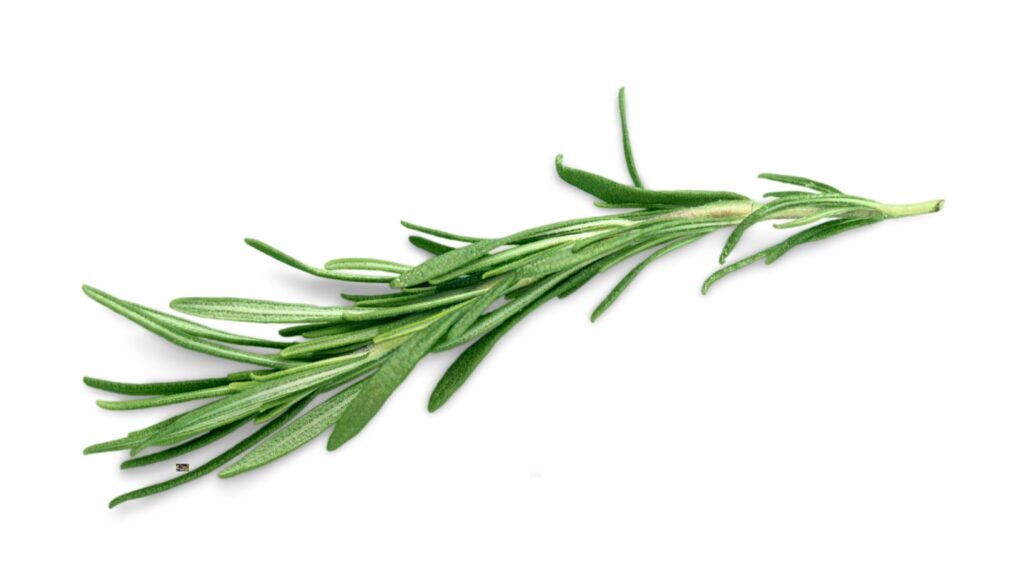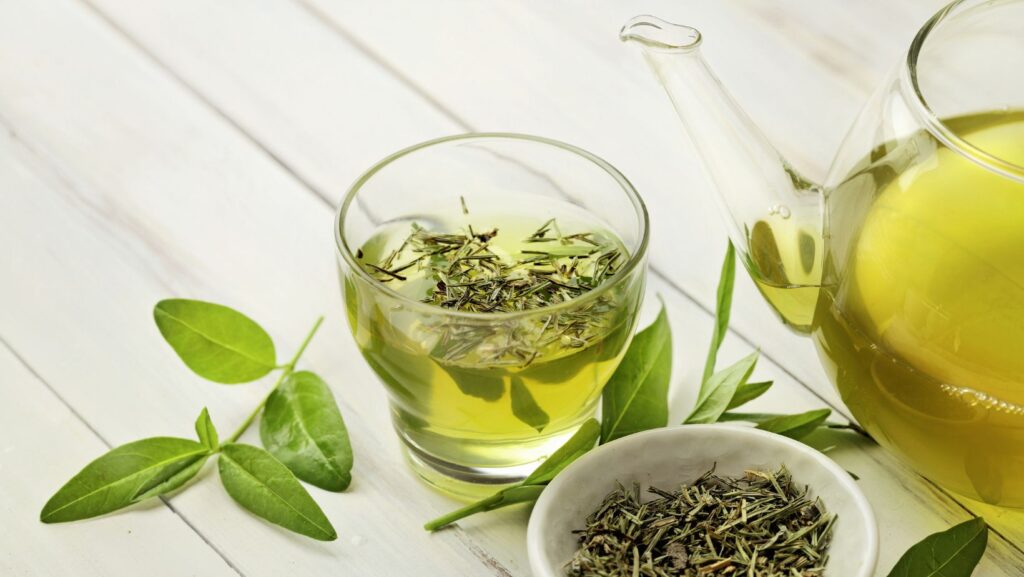In the quest for natural remedies to bolster immune health, propolis has emerged as a standout contender. This resinous substance, crafted by bees from tree sap and other botanical sources, has been used for centuries in traditional medicine. Its rich composition of bioactive compounds offers a myriad of health benefits, particularly in enhancing the body’s natural defenses.
As people increasingly seek out holistic approaches to wellness, propolis’s popularity continues to soar. Its antiviral, antibacterial, and anti-inflammatory properties make it a potent ally against common ailments. By supporting the immune system, propolis not only helps fend off infections but also promotes overall well-being.
Propolis Immune Support
 Propolis showcases immune-enhancing properties through its dynamic composition of flavonoids, phenolic acids, and terpenes. These compounds work together to bolster the immune system. Flavonoids, such as quercetin and kaempferol, exhibit antioxidant activity, reducing oxidative stress and strengthening immune response. Phenolic acids, like caffeic acid, have antimicrobial effects that hinder pathogens.
Propolis showcases immune-enhancing properties through its dynamic composition of flavonoids, phenolic acids, and terpenes. These compounds work together to bolster the immune system. Flavonoids, such as quercetin and kaempferol, exhibit antioxidant activity, reducing oxidative stress and strengthening immune response. Phenolic acids, like caffeic acid, have antimicrobial effects that hinder pathogens.
Propolis also plays a role in modulating the immune system. It encourages the production of immune cells, enhancing the body’s ability to fight infections. Research indicates that propolis can stimulate macrophages. These are cells that engulf and digest microorganisms. This mechanism supports the body’s defense strategy by improving pathogen removal.
Additionally, propolis contributes to the body’s defense by promoting the health of the gut microbiome. A balanced gut environment is crucial for immune function. Studies suggest propolis’s probiotic qualities may enhance gut health, further supporting the immune system.
Emerging studies suggest propolis’s potential in reducing cold incidences. Some trials have shown its effectiveness in shortening the duration of cold symptoms. This highlights propolis as a valuable agent for immune support.
The Role of Propolis in Immune Support
Propolis plays a crucial role in enhancing immune support through its diverse and potent bioactive compounds. This bee-produced substance strengthens the body’s defenses against various threats.
How Propolis Enhances Immunity
 Propolis enhances immunity by targeting multiple aspects of the immune system. It reduces oxidative stress, thanks to its antioxidant-rich flavonoids. These include quercetin and kaempferol, which neutralize free radicals and protect immune cells. By fostering the production of immune cells like macrophages, propolis aids the body’s ability to combat infections. Propolis also maintains gut health, an essential component of a robust immune system. Studies indicate that propolis can decrease both the incidence and duration of cold symptoms, emphasizing its utility in immune support.
Propolis enhances immunity by targeting multiple aspects of the immune system. It reduces oxidative stress, thanks to its antioxidant-rich flavonoids. These include quercetin and kaempferol, which neutralize free radicals and protect immune cells. By fostering the production of immune cells like macrophages, propolis aids the body’s ability to combat infections. Propolis also maintains gut health, an essential component of a robust immune system. Studies indicate that propolis can decrease both the incidence and duration of cold symptoms, emphasizing its utility in immune support.
Active Compounds in Propolis
Several active compounds define propolis’s capability to support immune function. Flavonoids provide powerful antioxidant properties. Phenolic acids, such as caffeic acid, impart antimicrobial effects that suppress harmful pathogens. Terpenes contribute to its anti-inflammatory properties, reducing inflammation and assisting immune response. This unique combination of compounds enables propolis to fight pathogens and support overall immune health effectively.
Benefits of Propolis Immune Support
Propolis, a bee-produced resinous substance, offers numerous benefits for immune support due to its rich composition of bioactive compounds.
 Propolis demonstrates significant antimicrobial properties which aid in immune support. Compounds such as flavonoids and phenolic acids play a critical role in this functionality. Research indicates that agents like galangin and pinocembrin work by disrupting bacterial cell walls, thus preventing the proliferation of harmful pathogens. These attributes make propolis an effective agent against microbial infections and a valuable component of immune health strategies.
Propolis demonstrates significant antimicrobial properties which aid in immune support. Compounds such as flavonoids and phenolic acids play a critical role in this functionality. Research indicates that agents like galangin and pinocembrin work by disrupting bacterial cell walls, thus preventing the proliferation of harmful pathogens. These attributes make propolis an effective agent against microbial infections and a valuable component of immune health strategies.
Anti-Inflammatory Effects
The anti-inflammatory effects of propolis can substantially benefit the immune system by reducing inflammation-related stress. Key compounds like caffeic acid phenethyl ester (CAPE) and quercetin inhibit pro-inflammatory enzyme activity, which decreases overall inflammation in the body. By modulating inflammatory pathways, propolis supports the body’s ability to manage chronic inflammation, which is often linked to various health conditions, thereby enhancing overall immune resilience.
Antioxidant Potential
Propolis boasts strong antioxidant potential that further enhances its immune-boosting capabilities. Flavonoids, a dominant class of compounds found in propolis, contribute to its ability to neutralize free radicals. Quercetin and kaempferol, two noteworthy flavonoids, mitigate oxidative stress by neutralizing these damaging molecules, preventing cellular damage, and supporting immune function. This antioxidative action fortifies cells against environmental and internal stressors, fostering a robust immune system.



